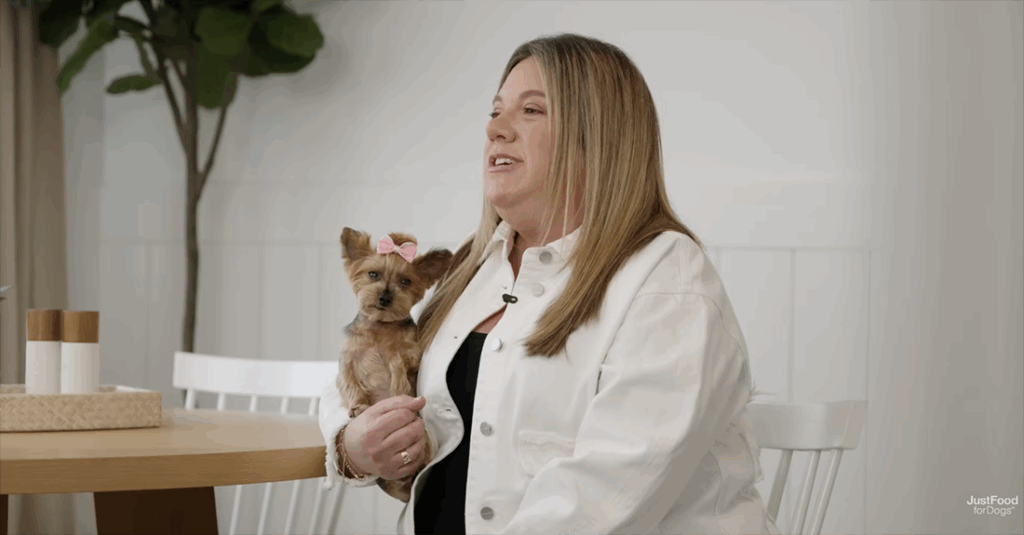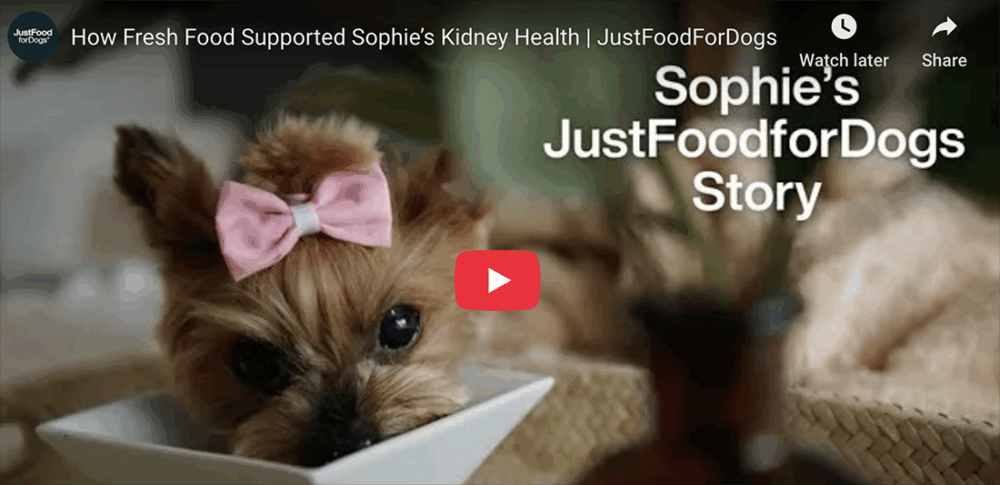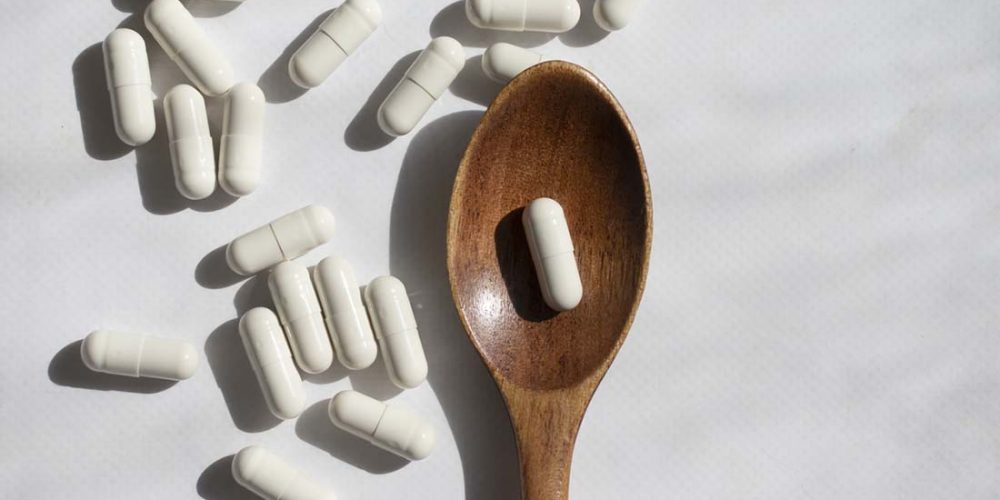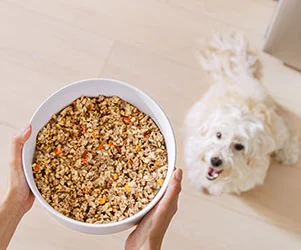Kidney health is a common concern for aging dogs, especially small breeds like Yorkshire terriers. Nutrition can play a critical role in supporting long-term wellness. This is Sophie’s story—an 11-year-old Yorkie who faced elevated kidney values but regained her energy and vitality after transitioning to a fresh, veterinarian-recommended diet.
Sophie’s Diagnosis: Elevated Kidney Levels
Routine bloodwork revealed Sophie’s kidney values were higher than normal. For many senior dogs, signs of kidney stress can include:
- Increased thirst and urination
- Changes in appetite
- Lethargy or decreased energy
- Unexplained weight loss
While Sophie still looked like a puppy on the outside, her lab results suggested her kidneys needed extra support.
The Veterinarian’s Recommendation: Fresh, Human-Grade Food

Sophie’s veterinarian recommended a transition to JustFoodForDogs, which specializes in fresh, whole-food meals crafted by veterinary nutritionists. The goal: support Sophie’s kidney function through optimized nutrition, hydration, and digestibility.
How Fresh Food Supports Kidney Health in Dogs
A fresh, gently cooked diet may be especially beneficial for dogs with elevated kidney values via:
- High-Quality Protein: Provides essential amino acids while minimizing excess waste for the kidneys to filter.
- Balanced Phosphorus: Carefully moderated to reduce stress on kidney function.
- Natural Hydration: Moisture-rich meals help maintain proper hydration, a key factor in kidney health.
- Digestibility: Whole, lightly cooked ingredients are easier on sensitive systems compared to processed kibble.
Sophie’s Transformation on a Fresh Diet
After switching to JustFoodForDogs, Sophie’s family noticed a real change:
- More energy during playtime
- Consistent appetite and healthy weight maintenance
- Brighter eyes and puppy-like spirit
- Peace of mind knowing her meals were tailored to her health needs
Takeaways for Pet Parents
If your dog is entering their senior years or has early signs of kidney disease, consider these steps:
- Schedule regular checkups: Early detection makes a big difference.
- Discuss diet with your veterinarian: Every dog’s needs are unique.
- Transition food gradually: Slowly mix fresh food into your dog’s current meals over 7–10 days.
- Watch for signs of improvement: Look for steady energy, consistent appetite, and healthy hydration.
Sophie’s journey shows the powerful role nutrition can play in senior dog health. While a fresh food diet isn’t a cure, with veterinary guidance, it may help manage elevated kidney values and improve quality of life.
This content is for informational use only and does not replace professional nutrition and/or medical advice, diagnosis, or treatment. It is not a substitute for and should not be relied upon for specific nutrition and/or medical recommendations. Please talk with your veterinarian about any questions or concerns.
Sources
Coyne, Michael, Donald Szlosek, Celeste Clements, Donald McCrann, and Lauren Olavessen. 2020. “Association between Breed and Renal Biomarkers of Glomerular Filtration Rate in Dogs.” Veterinary Record 187 (10): e82–82. https://doi.org/10.1136/vr.105733.
“First Study on Human-Grade Dog Food Says Whole, Fresh Food Is Highly Digestible.” n.d. College of Agricultural, Consumer & Environmental Sciences. https://aces.illinois.edu/news/first-study-human-grade-dog-food-says-whole-fresh-food-highly-digestible.





